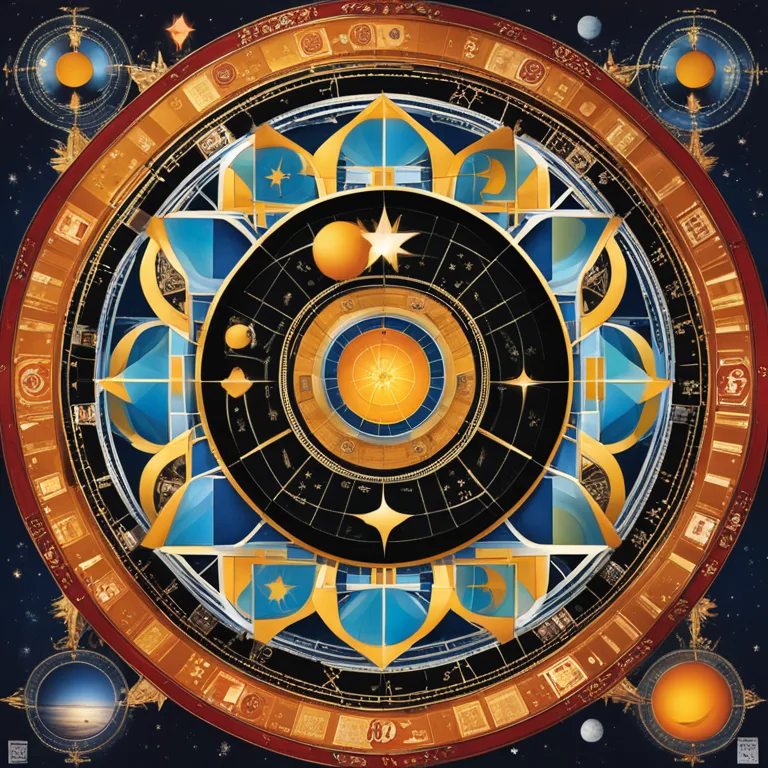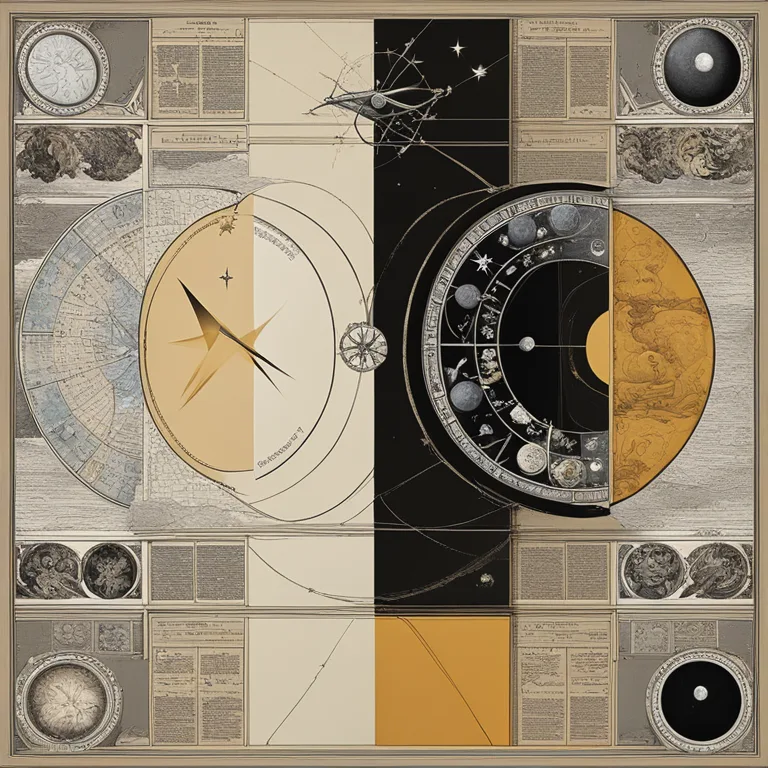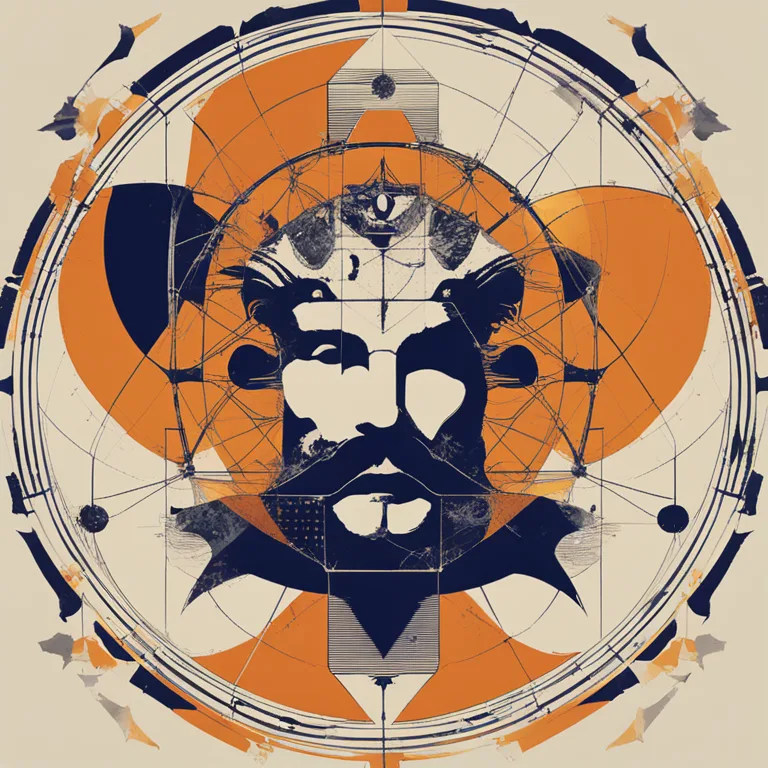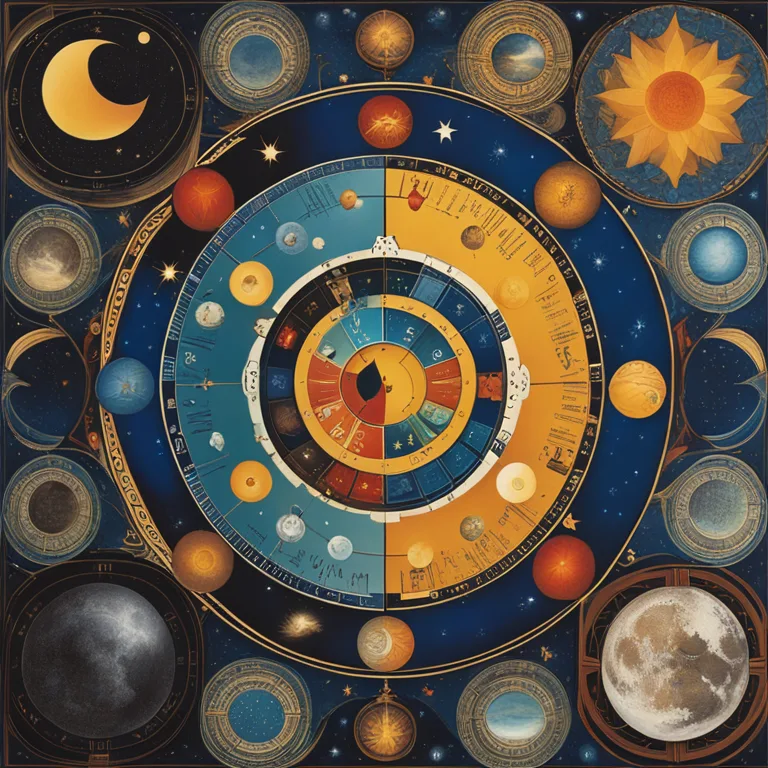
Astrology Meets Psychology: Insightful Synergy
Delve into the intriguing intersection of astrology and psychology, and discover how these ancient and modern practices provide insight into human behavior.
article by Priya Deshmukh
The Fusion of Two Disciplines
In the vast expanse of human understanding, the convergence of astrology and psychology represents a fascinating fusion. Astrology, with its celestial charts and horoscopic insights, offers a unique lens through which to view our personalities and life paths. Psychology, grounded in empirical research and behavioral analysis, seeks to unravel the intricacies of the human mind. Together, these disciplines beckon a deeper exploration of the self, both individually and collectively. This article explores how these seemingly disparate fields complement each other and provide a richer tapestry of self-awareness.

Astrological Archetypes and Psychological Profiles
Astrology posits that celestial phenomena influence human behavior and personality traits, a concept echoed in psychology's use of archetypes. The twelve Zodiac signs, for example, offer archetypal qualities that reflect Carl Jung's psychological theories. Each sign, like each archetype, presents a set of characteristics and behaviors that can be analyzed and interpreted. The analytical astrologer, much like the psychologist, examines these traits to understand deeper motivations and potential future behaviors.

The Therapeutic Aspect of Astrology in Modern Times
In contemporary practice, astrology has been embraced by many as a tool for self-reflection and personal growth. While not a substitute for professional psychological counseling, astrology can offer an additional perspective for those seeking to understand their internal conflicts and aspirations. For individuals navigating the unknown terrain of 2024 and beyond, astrological insights contextualized within the individual's psychological framework can serve as a source of comfort and direction.

Critical Stance and Scientific Scrutiny
The academic and scientific communities often criticize astrology for its lack of empirical evidence and testability, contrasting sharply with psychology's methodological rigor. Proponents of astrology, however, argue that its value lies in its subjective application and personal resonance rather than empirical validation. The ongoing debate challenges astrologers to refine their interpretations and encourages a dialogue between the mystical and the material, the subjective and the objective.

Planetary Influences on the Psyche
Astrology's focus on planetary movements and alignments can be metaphorically linked to psychological phenomena. The transit of planets, especially the outer ones such as Jupiter, Saturn, Uranus, Neptune, and Pluto, is often correlated with significant life events and psychological shifts. By examining these transits for the years ahead, astrologers may provide anticipatory guidance, much like a psychological forecast that prepares an individual for potential challenges and growth opportunities.
The Future Outlook: Astrology in Psychological Practice
Looking ahead to the unfolding years post-2024, the integration of astrology in therapeutic settings may become increasingly prevalent. With a growing number of mental health professionals acknowledging the subjective benefit of astrological guidance, it may find a prominent place within holistic healing modalities. As society evolves, the stigma surrounding astrology's place in psychological well-being may dissipate, allowing for a more inclusive approach to personal development.
Published: 12/29/2023
Modified: 12/29/2023
More predictions
Come back here soon to learn more about yourself and your future


The Influence of Birth Date on Your Astrological Profile
Discover how your birth date shapes your astrological sign, personality traits, and cosmic destiny in the astrological realm.


Astrology Signs Compatibility Guide
Discover which astrology signs are most compatible for love and friendships in this comprehensive compatibility guide.


Moon's Zodiac Position Today
Discover which astrological sign hosts the Moon today and learn how this celestial body influences your daily horoscope, emotions, and compatibility.